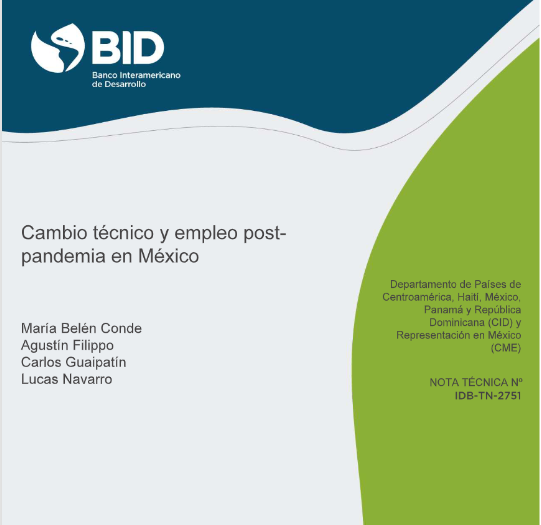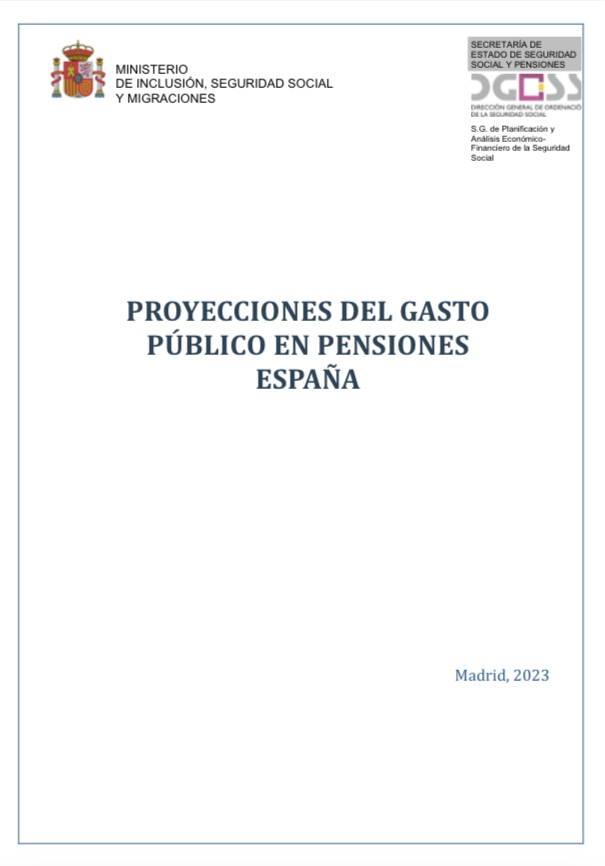Unionization of Retired Workers in Europe
By Vinzenz Pyka & Claus Schnabel We shed light on an understudied group: retirees in unions. Using representative individual-level data of 19 European countries, we find that the share of retirees in unions and the union density of retirees increased between 2008 and 2020. Econometric analyses indicate that on average retired workers' probability of union membership is 17 percentage points lower than that of active workers. This finding is consistent with social custom models and cost-benefit considerations. We further find that...










